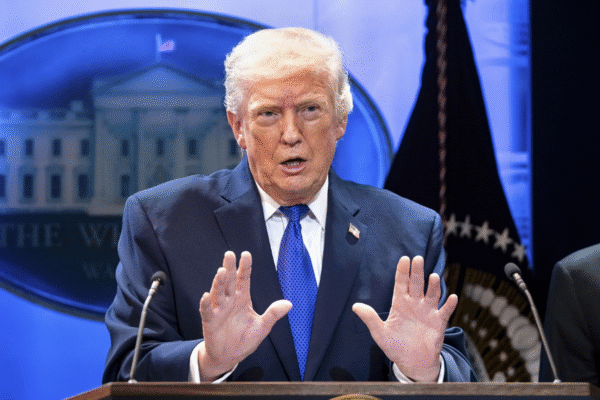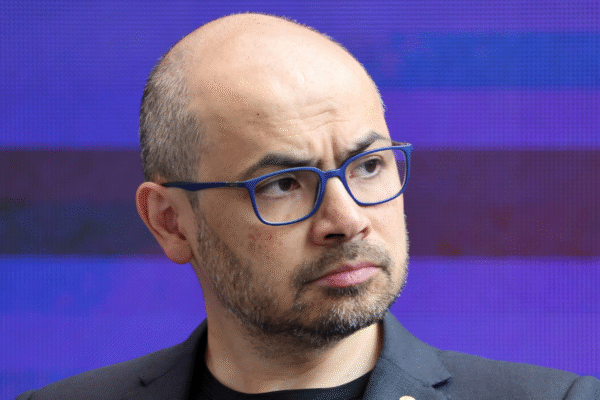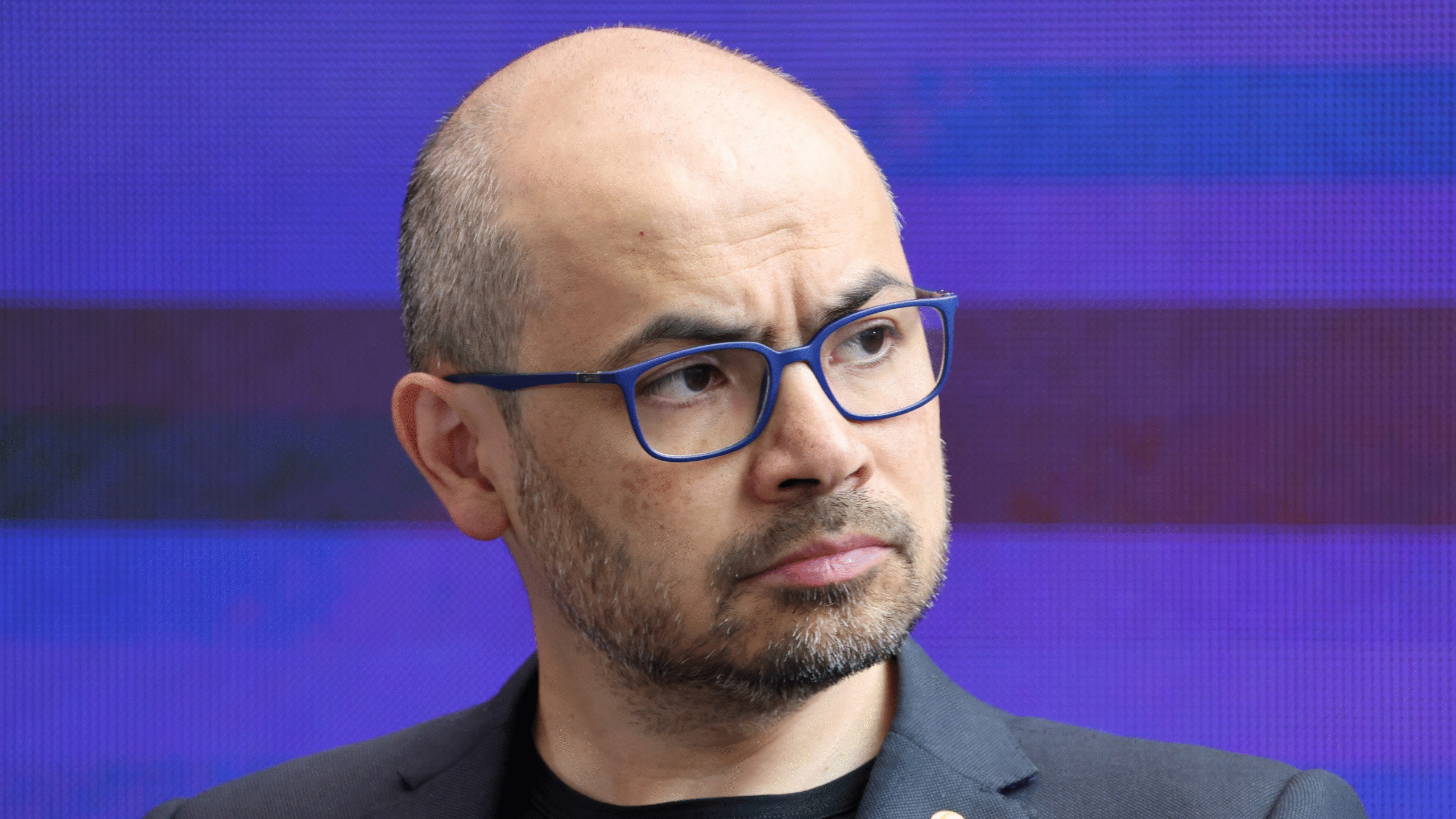
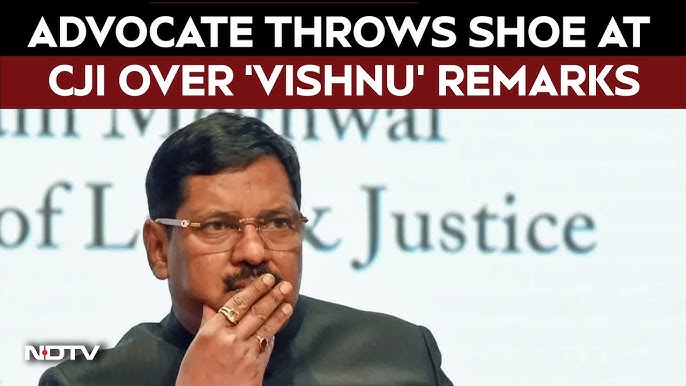
Several news channels have reported on a controversial courtroom remark made by Chief Justice of India BR Gavai. But most of them haven’t shown his exact words. The quote at the center of public debate is often paraphrased or removed from its original context.
So, what did the judge say exactly?
“This is purely publicity interest litigation. Go and ask the deity himself to do something. If you are saying you are a strong devotee of Lord Vishnu, then you pray and do some meditation.”
He made this comment while dismissing a Public Interest Litigation (PIL) that sought a government order to restore a beheaded idol of Lord Vishnu in Khajuraho. The petitioner claimed that Mughal rulers had destroyed the idol centuries ago and asked the court to intervene.
The Chief Justice’s remark sparked strong reactions. Some viewed it as blunt but fair. Others called it disrespectful. Let’s break down the legal, emotional, and constitutional aspects of what happened.
The Supreme Court often hears petitions that stretch the limits of what the judiciary can address. This case was one such example. The petitioner wanted the court to direct the government to restore a historical idol based on religious grounds.
In response, the bench emphasized a clear legal point: courts cannot act as enforcers of faith or mythology. Judges deal with rights, laws, and state actions—not spiritual or divine matters. This PIL did not involve any violation of fundamental rights. Nor did it fall under any legal remedy the court could provide.
Courts often use sharp language when they feel a petition misuses legal process. In this case, the judge chose a rhetorical way to express frustration. His remark served to underline that the issue was outside the court’s domain.
Did the Remark Offend Religious Sentiment?
Legally, the judge did not insult Lord Vishnu or deny the petitioner’s beliefs. He simply reminded the litigant that the judiciary cannot take up matters of faith. The comment reflected that position, though it came across as sarcastic.
However, many people saw the tone as dismissive. In a country like India, where religion is personal and deeply emotional, even rhetorical comments can lead to hurt and outrage. Critics argue that the Chief Justice could have conveyed the same legal message in a more respectful way.
What Does the Constitution Say?
Article 25 of the Indian Constitution guarantees freedom of religion. Every citizen has the right to practice and express their beliefs.
But this right does not require the state—or the judiciary—to act on every religious demand. Courts do not handle spiritual matters unless there is a clear link to constitutional rights or public interest.
In past rulings, courts have declined to entertain cases rooted in mythology or theology. This includes requests to verify historical claims, resolve divine disputes, or intervene in religious traditions—unless they harm public order or violate rights.
The same principle applied here. The court chose not to act because the case did not fall within the scope of judicial review.
Could the Judge Have Said It Differently?
The legal reasoning behind the remark was sound. But tone matters—especially in public institutions.
The Chief Justice’s words, though legally correct, struck a nerve with some members of the public. Many felt the statement lacked empathy. In response to the criticism, CJI Gavai later clarified that he respects all religions. This shows awareness of the sensitivity involved.
Judges carry the responsibility of upholding the law and setting an example. Even when they reject baseless claims, their words can shape public trust in the judiciary.
Read: https://newshashtag.com/cji-br-gavai-shoe-attack/
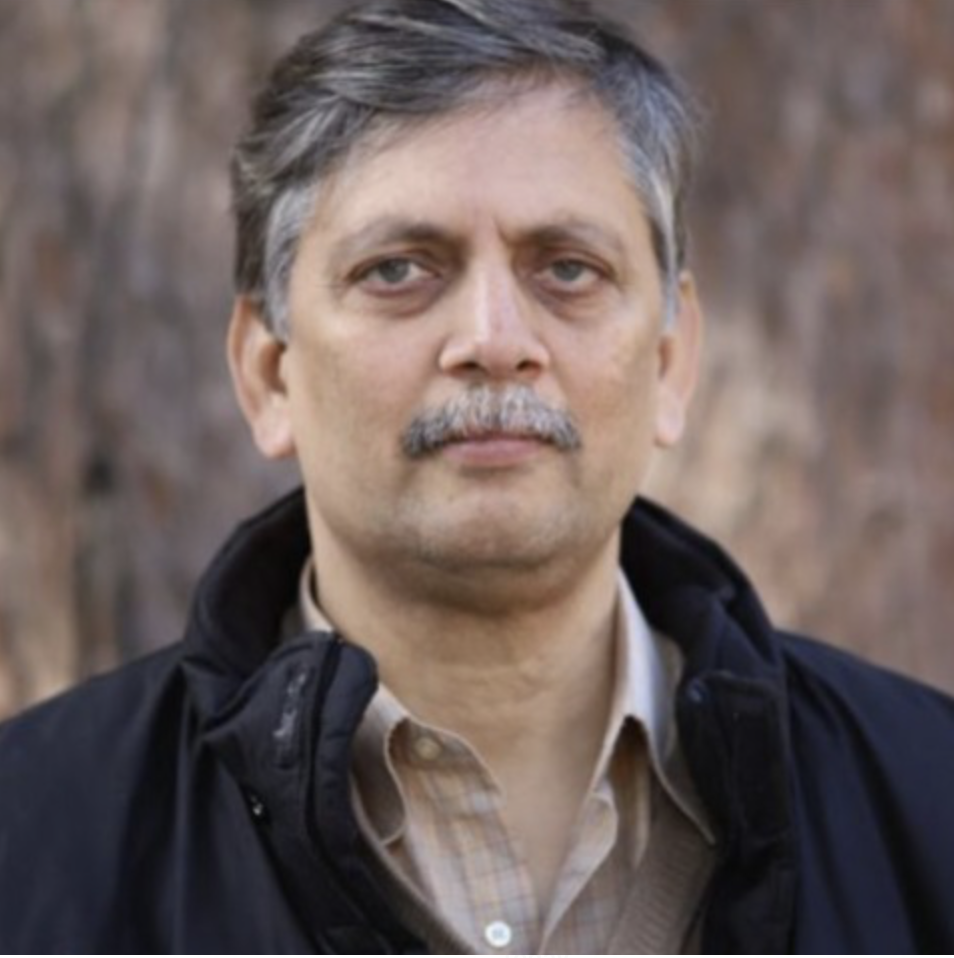
Gyaneshwar brings more than three decades of distinguished journalistic experience to the team. He has contributed significantly to both print and electronic media and directed several documentary films. For over 35 years, he has held key editorial roles in newspapers and TV channels, including The Pioneer and JAIN TV. Known for his balanced perspective and in-depth analysis, he brings leadership and expertise, and ensures accuracy, relevance, and clarity in every story.




